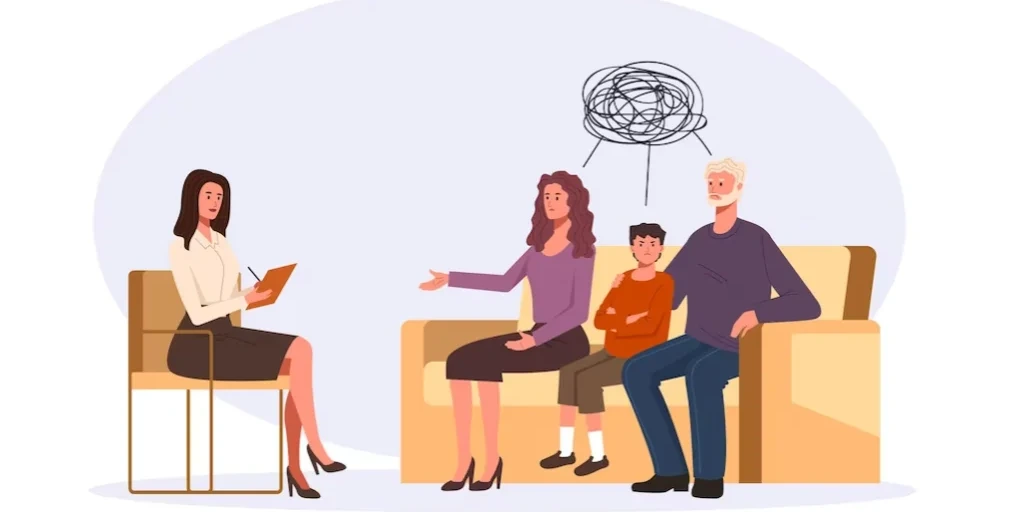24/7 Helpline:
(866) 899-221924/7 Helpline:
(866) 899-2219
Learn more about Opioid Rehab centers in Union
Opioid Rehab in Other Cities

Other Insurance Options

Health Choice

BlueShield

Ceridian

Regence

United Health Care

Oxford

Sutter

State Farm

Access to Recovery (ATR) Voucher

Carleon

WellCare Health Plans

Multiplan

Highmark

Health Partners

Meritain

Covered California

Health Net

Lucent

GEHA

Magellan

Woodlands Behavioral Healthcare Network
Woodlands Behavioral Healthcare Network works with individuals, families, and the community to inspi...


























































































